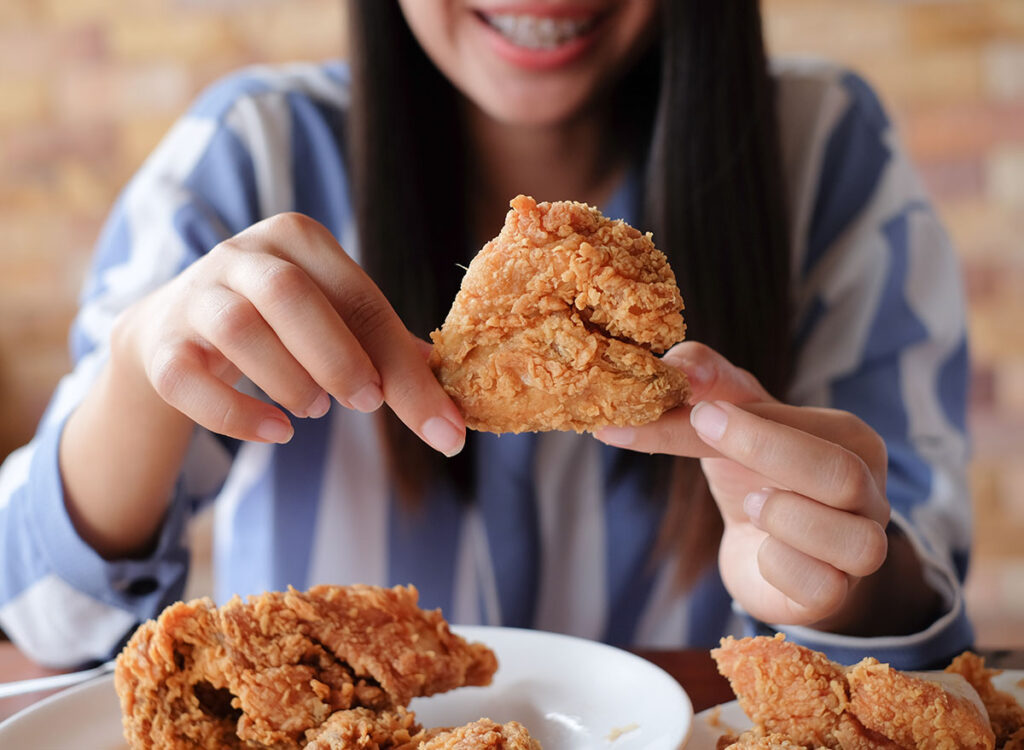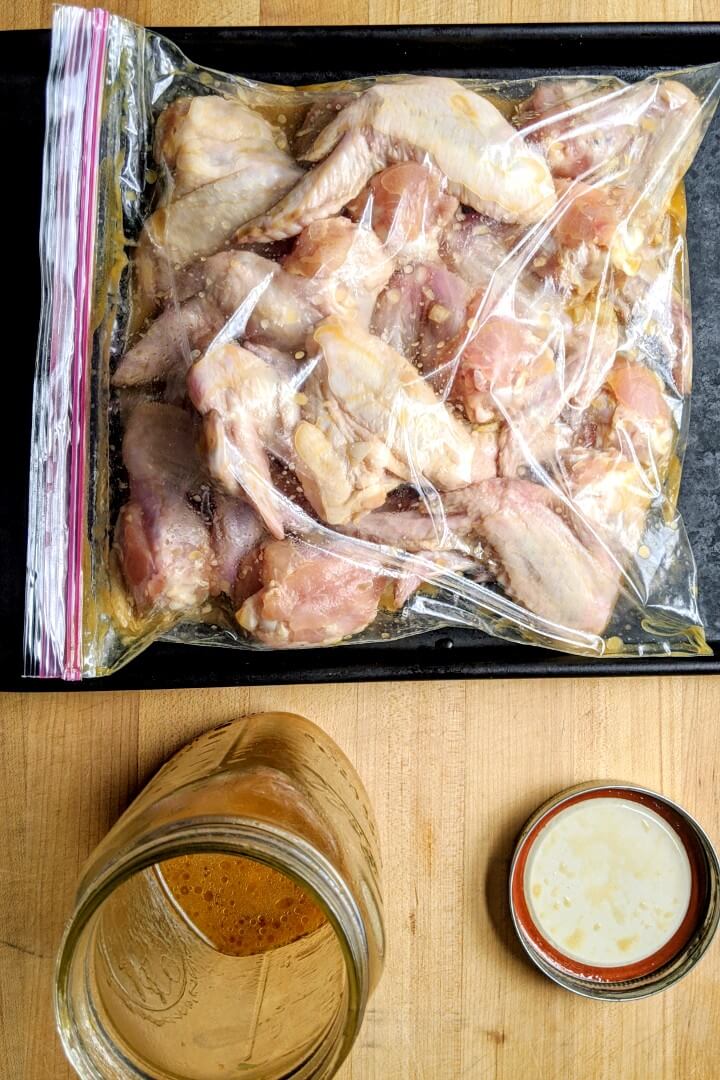The time it takes for chicken or any food to digest varies based on several factors, including the individual’s metabolism, the amount and type of food consumed, and overall health. Typically, chicken takes around 1.5 to 2 hours to pass through the stomach into the small intestine for further digestion.
Once in the small intestine, the breakdown and absorption of nutrients from chicken can take several hours. This process involves enzymes breaking down proteins, fats, and carbohydrates into smaller molecules for absorption into the bloodstream.
Overall, the entire process of digesting chicken, from ingestion to elimination as waste, usually takes around 6 to 8 hours. However, this timeframe can vary significantly among individuals and based on other factors such as the cooking method used, additional foods consumed with the chicken, and personal digestive health.
What Factors Influence Chicken Digestion?

Several factors significantly influence the digestion of chickens. The type and quality of their diet, encompassing appropriate levels of protein, carbohydrates, fats, and essential nutrients, play a pivotal role. Additionally, the availability of clean, fresh water is essential for breaking down food particles and aiding nutrient absorption. A healthy population of gut bacteria is crucial for digestion, as they assist in breaking down complex compounds and facilitating nutrient absorption.
The age and health status of chickens also impact digestion, with younger birds having developing digestive systems and diseases or infections potentially disrupting gut function. Stressors such as overcrowding, temperature extremes, or abrupt dietary changes can adversely affect gut motility and digestion. Feed processing, access to grit for grinding food in the gizzard, genetics, and the simplicity of their digestive anatomy are additional factors that influence chicken digestion.
Moreover, medication and supplements can both positively and negatively affect their digestive health. Proper management practices and ensuring optimal conditions are vital for promoting good digestion and overall health in chickens.
How Long Does Chicken Take to Digest?
The digestion process in chickens typically takes around 2 to 4 hours, though this can vary depending on several factors. After a chicken consumes food, it moves through the digestive system relatively quickly compared to some other animals due to their simple digestive tract.
Here’s a general breakdown of the chicken’s digestion process
- Mouth: Chickens don’t have teeth for chewing food. They swallow food whole or in small pieces.
- Crop: Food initially enters the crop, a pouch-like structure in the esophagus, where it’s stored temporarily. This is where food softens and begins initial breakdown via microbial action.
- Proventriculus: From the crop, food moves to the proventriculus, which is the glandular stomach. Here, digestive enzymes and acids start breaking down the food.
- Gizzard: Next, the food enters the gizzard, a muscular organ where physical digestion occurs. Grit, small stones, or other hard particles the chicken consumes, helps grind the food, aiding in mechanical digestion.
- Intestines: After the gizzard, the food passes into the intestines where nutrient absorption takes place. Different parts of the intestines absorb specific nutrients.
Due to the efficiency of their digestive systems and the quick transit of food, chickens digest their food relatively rapidly. Factors such as the type of feed, age of the chicken, health condition, and the size of the meal can all influence the speed of digestion.
However, the complete digestion process, including the breakdown of complex nutrients and absorption, might take longer than the initial transit of food through the digestive tract. Overall, from ingestion to the elimination of waste as feces, it might take about 12 to 24 hours for chickens.
What Affects the Estimated Time for Chicken Digestion?
Several factors significantly influence the estimated time for chicken digestion. The composition of their diet plays a crucial role, with easily digestible foods passing through the digestive system more rapidly than complex or fibrous materials. Additionally, the form of feed, such as finely ground versus coarser materials, can impact digestion speed. The overall health of the chicken’s digestive system, including the balance of gut bacteria, influences digestion.
Younger chickens may have faster transit times as their digestive systems are still developing, while illnesses affecting the gastrointestinal tract can slow down digestion. Adequate water intake, efficient gizzard function aided by grit, and the activity level or stressors affecting the bird also affect digestion.
Different chicken breeds may exhibit varying digestive capabilities, and environmental factors like temperature and humidity can influence efficiency. Furthermore, medications, supplements, or additives can both positively and negatively impact digestion. Considering these diverse factors collectively helps estimate the time it takes for chickens to complete the digestive process.
FAQ’s
How long does it take for your stomach to empty?
The time for the stomach to empty varies but can take around 2 to 4 hours for liquids and 4 to 6 hours for solid foods.
What is the most difficult food to digest?
Generally, fatty foods tend to be the most difficult to digest because they take longer and require more digestive effort.
Which foods stay in your stomach the longest?
Fatty foods and proteins like red meat typically stay in the stomach longer compared to carbohydrates.
Which meat is easiest to digest?
Poultry, such as chicken or turkey, is often considered easier to digest compared to heavier meats like beef or pork.
Do you digest faster when sleeping?
Digestion usually slows down during sleep as the body focuses on rest and repair rather than digestion.
What digests faster, chicken, or beef?
Chicken generally digests faster compared to beef due to its lower fat content and lighter protein composition.
Final Words
Various factors affect how long it takes for chickens to digest their food. What they eat, how healthy they are, and their age all play a role. The type of food and how it’s prepared can speed up or slow down digestion. Access to clean water is important too. Factors like stress, breed differences, and even the environment can also have an impact.
Keeping all these things in mind helps estimate how quickly chickens digest their food.



